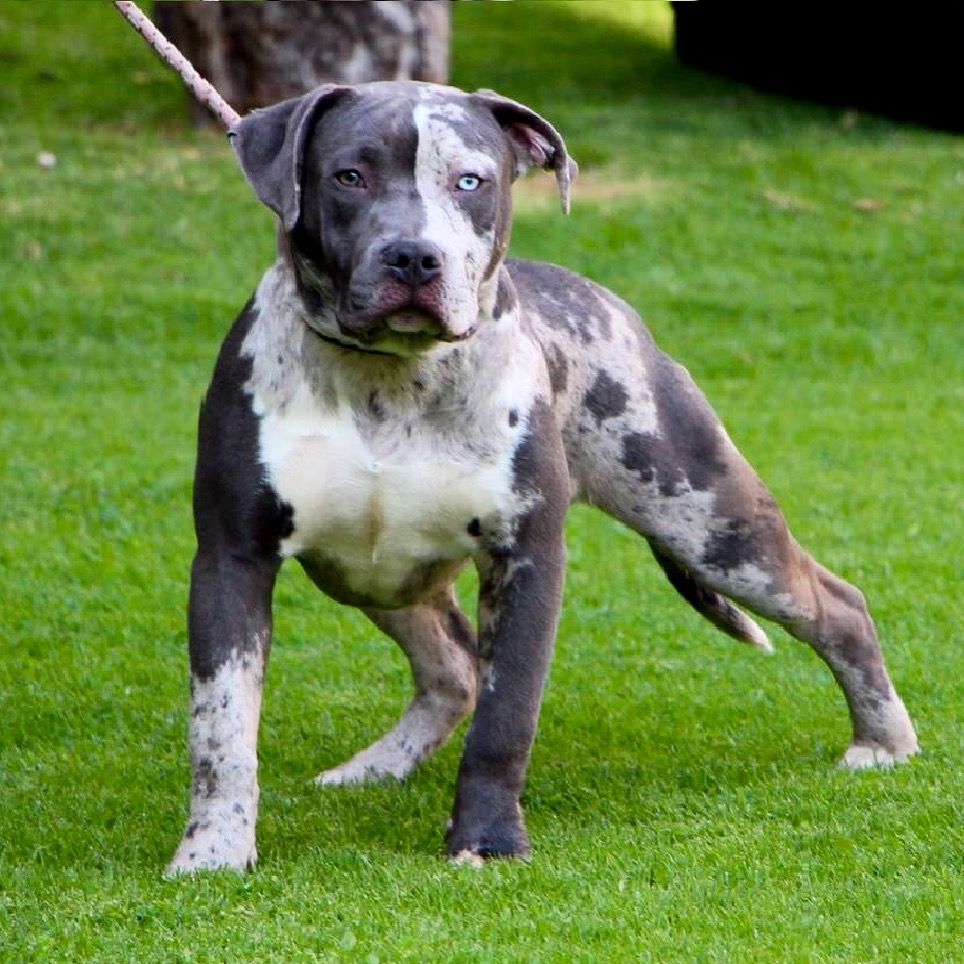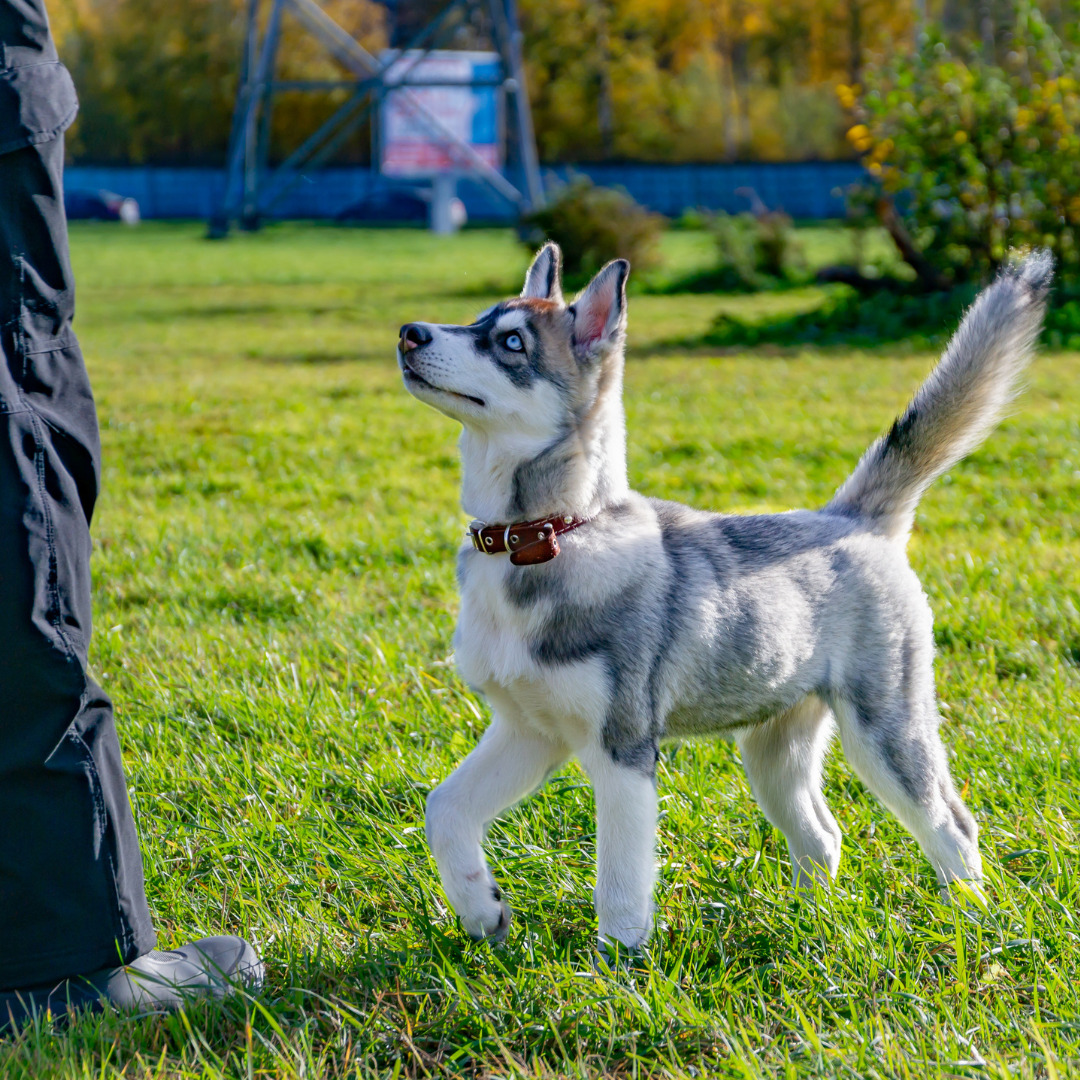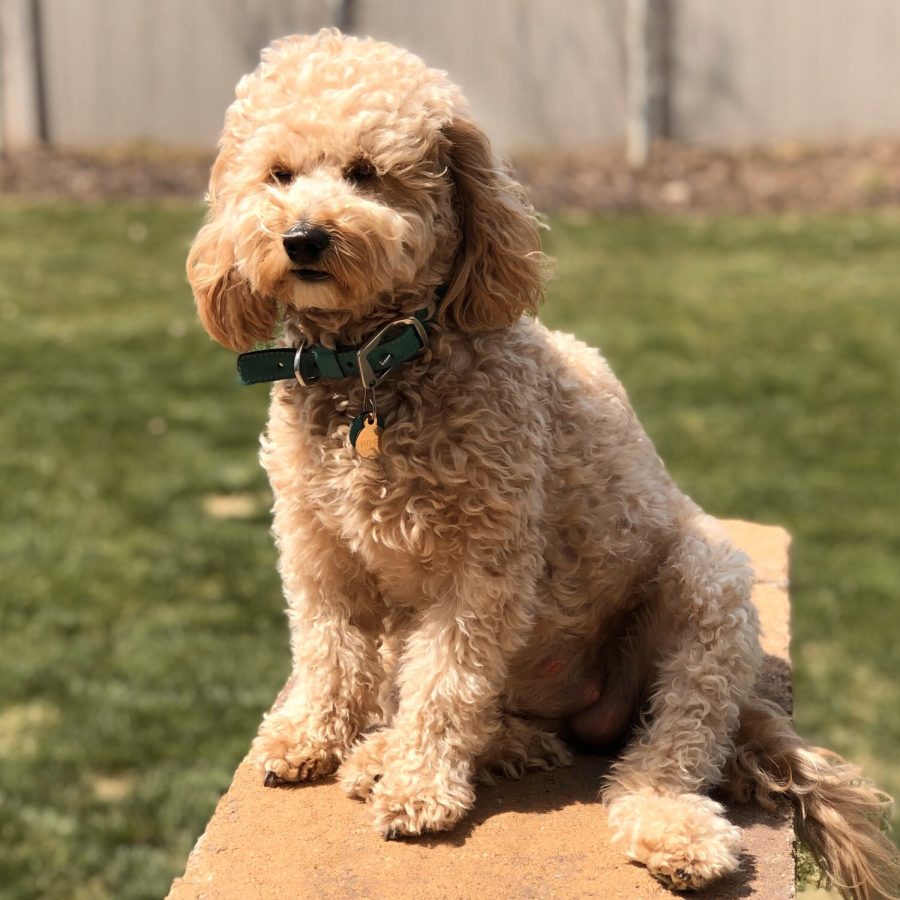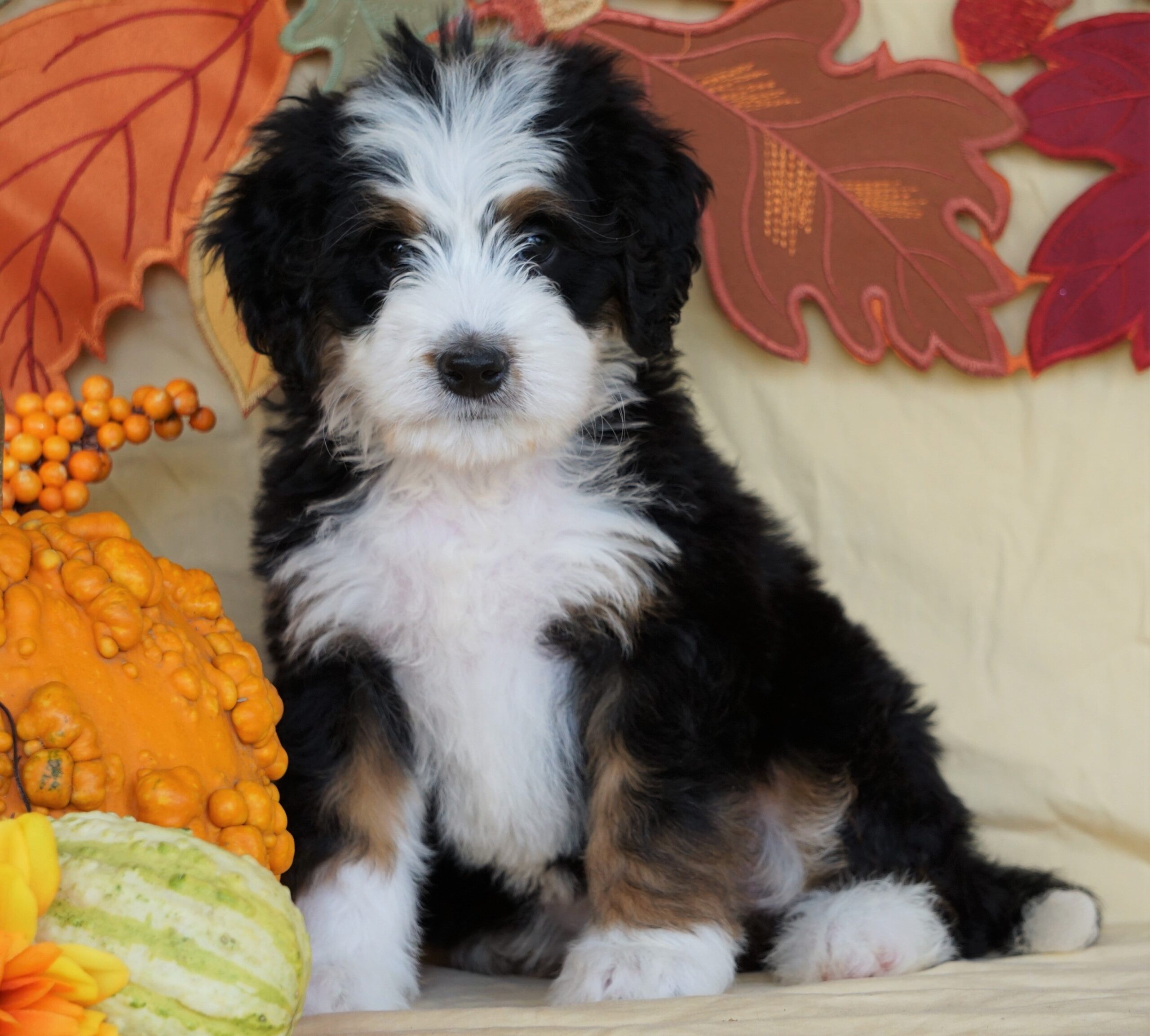The Merle Pitbull is a medium-sized breed with mottled patches of color and odd-colored eyes. Originating in the late 1900s, breeders introduced the Merle gene through intentional breeding. Known for their sociable and people-oriented nature, they require regular exercise. Training with positive reinforcement and daily physical exercise are crucial. Regular vet check-ups and balanced diet are essential for their well-being. Merle Pitbulls thrive in spacious environments that allow for play and exercise. Ensuring early socialization and positive interactions are important for their behavior. Understanding their needs for companionship and engagement is key. Get to know more about this unique breed’s history and care requirements.
Appearance
The appearance of the Merle Pitbull, a unique and controversial breed, is characterized by its distinct color pattern and physical attributes. The Merle Pitbull, also known as the American Pit Bull Terrier, is typically medium-sized, with males weighing between 35-60 pounds and females between 30-50 pounds. While Pitbulls come in various colors, the merle pattern is not accepted in standard Pitbull color variations. This pattern features mottled patches of color and odd-colored eyes, making it stand out from other coat variations.
In addition to its unique color pattern, the Merle Pitbull has a short, smooth coat with a single layer. This breed’s physical attributes include a height range of 17-20 inches at the shoulder, with males weighing 35-65 pounds and females 30-50 pounds. Their single-layer coat may make them less resistant to colder temperatures, necessitating proper shelter or clothing during chilly weather. Overall, the Merle Pitbull’s appearance is visually striking and adds to the controversy surrounding this particular color variation within the breed.
History
With roots dating back to the late 1900s, the murky history of the Merle Pitbull breed unveils a tale of intentional breeding for the distinctive Merle coat pattern. The introduction of the Merle gene into Pitbull breeding is a relatively recent development, with its origins traced back to the United States.
Initially, the Merle coloration was permissible in breed standards, but its rarity was primarily due to associated health concerns. Breeders historically focused on the functionality of Pitbulls in activities like hunting, sports, tracking, and protection rather than their aesthetic appeal.
Following the outlawing of bloodsports, breeders began to place more emphasis on the visual characteristics of the breed, leading to the intentional breeding for the Merle coat pattern. However, controversy surrounds the reintroduction of the Merle gene due to the potential health risks associated with it.
This historical backdrop has contributed to the uniqueness and rarity of the Merle Pitbull breed in the present day.
Personality and temperament
Demonstrating a friendly demeanor and high emotional intelligence, Merle Pitbulls exhibit a unique blend of sociability and intelligence in their personality and temperament. They are known for being amiable, people-oriented, and excellent family dogs. Rarely fearful, they exude confidence and have low aggression levels, making them patient and calm around children. Merle Pitbulls are not inherently aggressive and are excellent companions for kids. Their strong jaws and high chewing needs necessitate appropriate chew items to prevent destructive behavior. They have moderate barking tendencies and may bite if scared, not out of aggression. Regular exercise is crucial for these energetic dogs to maintain their well-being and prevent behavioral issues.
| Personality Traits | Description |
|---|---|
| Sociable | Friendly and people-oriented |
| Intelligent | High emotional intelligence |
| Patient | Calm demeanor around children |
This breed thrives on social interaction and positive reinforcement, making them easy to train and excellent companions when provided with the care and attention they deserve.
Training and exercise needs of a Merle Pitbulls
Merle Pitbulls require consistent training and adequate exercise to channel their high energy levels and maintain their overall well-being. To ensure the best care for your Merle Pitbull, consider the following:
- Regular Training Sessions: Engage in consistent training sessions to stimulate their minds and reinforce good behavior.
- Physical Exercise: Provide daily physical exercise to help them burn off excess energy and maintain their physical health.
- Socialization: Expose them to various people, animals, and environments to ensure they develop into well-rounded and sociable dogs.
- Positive Reinforcement: Use positive reinforcement techniques like treats and praise to motivate and reward desired behaviors.
- Interactive Toys: Offer interactive toys that challenge their problem-solving skills and keep them mentally stimulated.
Health and care
Ensuring the health and proper care of Merle Pitbulls is essential for their overall well-being and longevity. These dogs, like all breeds, require specific attention to maintain their health and happiness. Regular veterinary check-ups, a balanced diet, exercise, and grooming are crucial aspects of caring for a Merle Pitbull.
| Aspect | Details |
|---|---|
| Veterinary Care | Regular check-ups for early issue detection |
| Nutrition | Balanced diet for optimal health |
| Exercise | Adequate physical activity for well-being |
| Grooming | Occasional grooming and bathing |
| Health Maintenance | Specific care due to potential health issues |
The merle gene and health
The relationship between the merle gene and the health of Merle Pitbulls is a critical aspect that requires careful consideration and understanding. The merle gene, responsible for the distinctive coat pattern in Merle Pitbulls, can have implications for their overall health and well-being. Here are some key points to consider:
- Increased Health Risks: Merle Pitbulls carrying the merle gene may be more prone to certain health issues due to the genetic mutation.
- Vision and Hearing Problems: The merle gene can be linked to vision and hearing impairments in Merle Pitbulls, affecting their quality of life.
- Skin and Coat Conditions: Some Merle Pitbulls may experience skin and coat problems associated with the merle gene, requiring specific care and attention.
- Genetic Testing: Before breeding Merle Pitbulls, genetic testing is essential to identify potential health risks and make informed breeding decisions.
- Regular Vet Check-ups: Merle Pitbull owners should prioritize regular veterinary check-ups to monitor their dog’s health and address any issues promptly.
Common health issues
Considering the genetic implications associated with the merle gene in Pitbulls, it is imperative to address common health issues that may affect these dogs. Merle Pitbulls are prone to a range of health concerns, primarily stemming from the merle gene’s association with genetic mutations.
One prevalent issue is deafness, which can affect one or both ears in merle-patterned dogs. Ocular abnormalities, such as microphthalmia (abnormally small eyes) and heterochromia (two different colored eyes), are also common in merle Pitbulls. Additionally, merle Pitbulls may be more susceptible to skin problems like alopecia (hair loss) and skin allergies.
Due to the potential for these health issues, responsible breeding practices and regular veterinary check-ups are crucial for maintaining the well-being of merle Pitbulls. Ensuring a balanced diet, adequate exercise, and attentive care can help mitigate the impact of these common health issues on the overall health and quality of life of merle Pitbulls.
Grooming
When addressing the grooming needs of merle Pitbulls, it’s essential to implement practices that maintain their coat health and cleanliness effectively. Regular grooming is crucial for keeping merle Pitbulls looking their best and ensuring their coat remains healthy.
Here are some essential grooming practices to consider:
- Brush their short coat weekly to remove loose hair and prevent matting.
- Bathe them occasionally using a gentle dog shampoo to keep their coat clean and fresh.
- Trim their nails regularly to prevent overgrowth and discomfort.
- Clean their ears weekly to avoid wax buildup and potential infections.
- Brush their teeth frequently to promote good oral hygiene and prevent dental issues.
Adopting a Merle Pitbull
Exploring the process of welcoming a Merle Pitbull into your home requires careful consideration and preparation. Adopting a Merle Pitbull can be a rewarding experience, but it’s essential to understand their unique characteristics and needs to ensure a successful transition. Here’s a concise guide to help you make an informed decision:
| Consideration | Description |
|---|---|
| Living Space | Merle Pitbulls thrive in spacious environments with room to play and exercise. They can adapt to both houses and apartments but need regular physical activity. |
| Socialization Needs | Early socialization is crucial for Merle Pitbulls to develop good behavior around people and other animals. Training classes and exposure to various environments are beneficial. |
| Health Care | Merle Pitbulls may have specific health concerns due to their genetic makeup. Regular vet check-ups, a balanced diet, and exercise are vital for their well-being. |
| Time Commitment | Merle Pitbulls require time and attention for training, exercise, and mental stimulation. Be prepared to invest time in bonding activities and meeting their needs. |
| Legal Considerations | Check local laws and regulations regarding pitbull ownership, as some areas have restrictions or requirements for owning this breed. |
Conclusion
In conclusion, the Merle Pitbull is a unique breed with a fascinating history and distinctive appearance.
While they are known for their striking coat pattern and loyal temperament, it is important to consider the health implications of the merle gene and practice responsible breeding.
By understanding their specific care needs and potential health issues, owners can ensure the well-being and longevity of these special dogs.
Adopting a Merle Pitbull requires careful consideration and dedication to their overall health and happiness.




